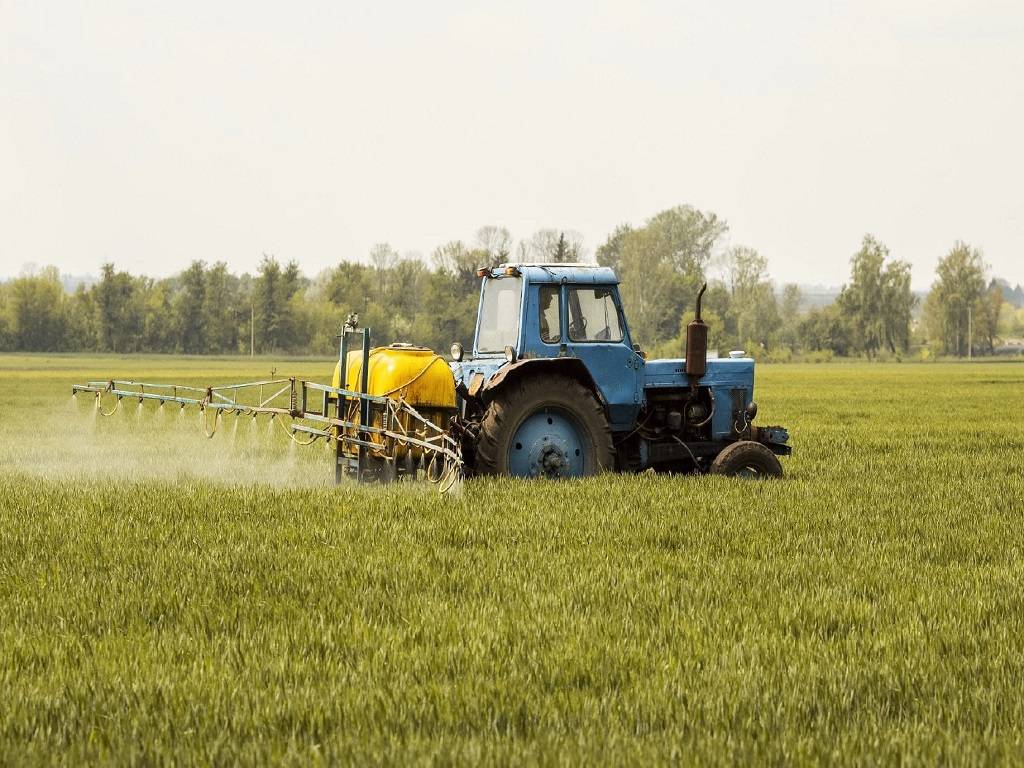
According to an RBI article on farm sector problems, India requires a second green revolution as well as the next generation of reforms to make agriculture more climate-resistant and environmentally friendly.
The article stated that "new emerging challenges warrant a second green revolution together with next-generation reforms," referring to Indian agriculture's amazing resilience during the COVID-19 period.
Despite the advancement of the nation in terms of output, which has ensured food security, food inflation and volatility continues to be a challenge, requiring supply-side intervention strategies such as improved public investment, storage resources, and advancement of food processing, according to the article titled 'Indian Agriculture: Achievements and Challenges.'
According to the article, Indian agriculture reached new heights with a record output of diverse foodgrains, commercial and horticultural crops. "However, the sector has faced several challenges, the solution of which necessitates a comprehensive policy approach," it said.
The concern from Lower crop productivity and overproduction of certain crops
Crop productivity in India, for example, is significantly lower than in other advanced and developing market economies due to a variety of variables such as fragmented landholdings, poorer farm mechanization, and lower public and private participation in agriculture.
Second, the article stated that present agricultural overproduction, such as rice, wheat, and sugarcane, has resulted in fast depletion of the ground-water table, soil depletion, and significant air pollution, prompting concerns about the environmental sustainability of current agricultural practices in India.
The Concern of Food Inflation and Volatility in prices
Furthermore, despite surplus production in many commodities, food inflation and price volatility remain high, generating hardship for consumers and low and variable revenue for farmers.
"Addressing these difficulties would necessitate a second green revolution centered on the agricultural water-energy nexus, to make agriculture more climate-resilient and environmentally sustainable.
Role of digital technology and science advancement
“The application of biotechnology science and breeding will be critical in generating environmentally friendly, disease-resistant crops. Increased usage of digital technologies and extension services will aid in information sharing and raising farmer awareness.
It also emphasized that better post-harvest loss management and a revitalization of the cooperative movement through the development of farmer-producer organizations (FPOs) will assist to stabilise food prices and farmers' income while unlocking India's actual agricultural potential.









